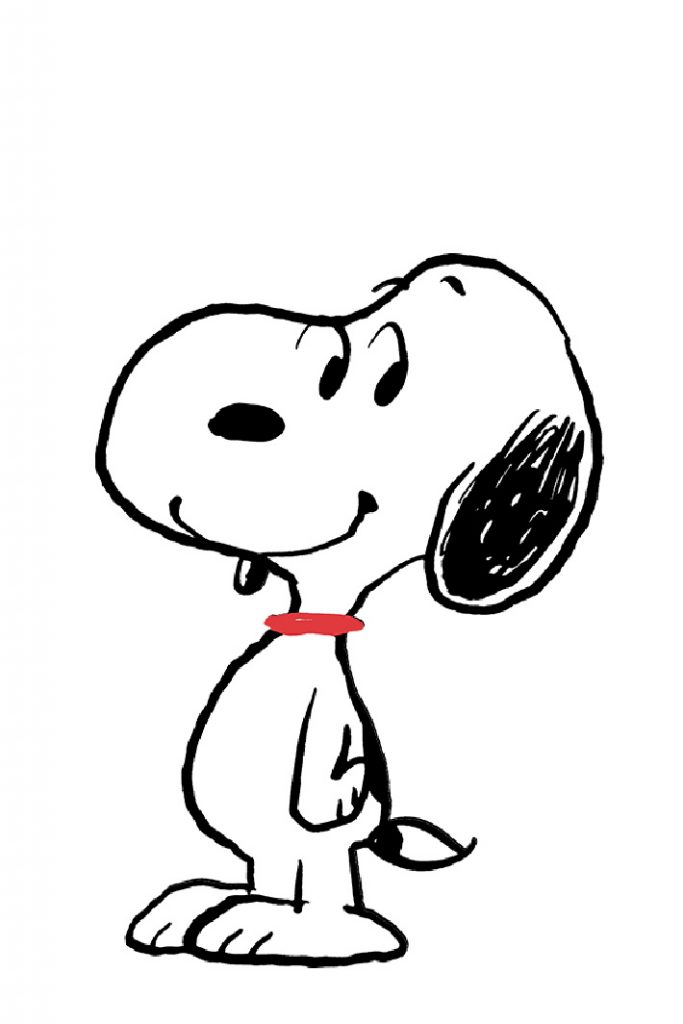Step By Step Car Drawing For Kids
Drawing For Kids is One of the most enjoyable and calming activities you can engage in is spending a day on the ocean. You'll
need a watercraft available in various styles, dimensions, and types. You are Drawing For Kids a vehicle in a cartoon. You can visualize the design of your perfect boat by drawing it for children. Owning a yacht or imagining what it would be like can be fun.
Automobile Drawing Instructions
By the end of this book, you will have achieved that and a beautiful picture of your boat!
Get ready to set sail for some creative fun as we begin this step-by-step tutorial on how to create a cartoon boat in just 8 enjoyable and basic steps.
Step-by-Step Painting Instructions
1:
- In this section of the instruction manual, we'll begin by discussing how to sketch the framework for your cartoon boat.
- Even though our reference image shows this to be a relatively simple flat form, it can still be trickier than you might think!
- It has a thin diagonal part that changes into a frontal section of the ship's body that is more horizontal.
- It would be best if you tried to resemble our model at this point closely. We highly recommend using a ruler for this and the following steps, as it will significantly simplify your life!
2:
- Draw another part of the boat's hull after that.
- In this stage of our tutorial on drawing a cartoon boat, we will add the final section that the boat's base requires.
- This section will be above the one you drew in the previous step. You'll observe that this part contains many more details than the one that came before it.
- For instance, the deck's edge can be seen in this one.
- You can sketch this part, and then we can move on.
3:
- Draw a drawing of the house's entrance next.
- The small cabin frequently found on real boats will now start to be drawn. For this simple job, which should come next, a measure would be ideal.
- Near the front of the watercraft, draw three straight vertical lines.
- The roof of this cabin will be empty, but we're going to fill that in as fast as we can.
4:
- Next, draw a stake.
- We'll add a mast for your cartoon boat sketch before moving on to the rest of the cabin. Although it seems simple, doing this can occasionally be challenging.
- Once more, using a measure at this point would be very beneficial. The three components of the pole are now each individually thinner.
- There will also be a tiny, straight section that sticks out to the left, as shown in our image.
5:
- Complete the house at this stage (number 5).
- This step-by-step guide to making a cartoon boat will complete the cabin you began in step three.
- The house's thin top should first be built using some straight lines.
- We'll show them a round side window and a rectangular front window.
- That concludes the matter, so let's continue.
6:
- Now draw the start of the spinnaker.
- Now we can sketch the sail for this boat, beginning with a thin, wavered flag at the tip of the mast.
- Make a straight line with your ruler from the horizontal shaft you had previously marked on the mast to the area below the flag.
- This boat has just a few more finishing details before we color it.
7:
- Finish designing the sail.
- Your cartoon boat design will now receive any additional finishing touches you desire, and some pattern details.
- Create a sail by drawing horizontal lines across the triangle sail you began in the previous step.
- After this is drawn, you can add your characteristics! For a beautiful finishing touch, include a background that indicates the possible location of this boat's voyage.
- Do you want to create a specific marine setting for this cartoon boat?
8:
- To finish it off, add some color.
- This tutorial will conclude with a coloring-related step. We'll paint the boat's body in various shades of brown to accomplish this.
- Then, we alternated a few pale blue tones for the design on the sail. Please feel free to replace any other colors you like, even though we chose these ones.
- The aim is to produce your ideal boat design, so you can use your creativity when selecting colors and art materials.




Comments
Post a Comment